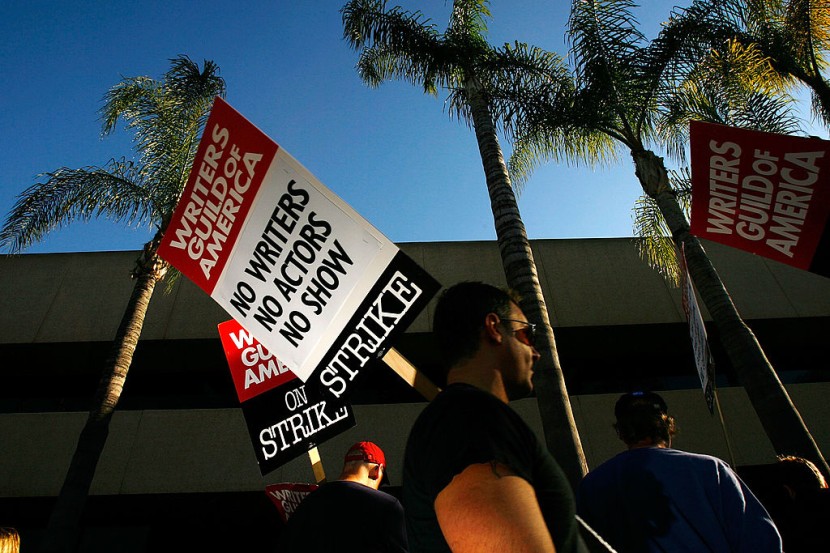
As Hollywood struggles to adapt to the seismic changes brought on by the worldwide TV streaming boom, thousands of film and television writers are planning to go on strike beginning Tuesday, May 2.
Failed Negotiations
After failing to strike an agreement for greater compensation with companies including Walt Disney and Netflix, the Writers Guild of America (WGA) declared its first work stoppage in 15 years, The Guardians reported. The previous strike in California lasted for 100 days and cost businesses over $2 billion.
"The companies' behavior has created a gig economy inside a union workforce, and their immovable stance in this negotiation has betrayed a commitment to further devaluing the profession of writing," the WGA implied in a statement on its website.
About 11,500 New York and Los Angeles area writers are represented by the Guild. The demonstrations in front of Hollywood studios were set to begin on Tuesday afternoon.
Late Monday night, May 1, the Alliance of Motion Picture and Television Producers (AMPTP), which speaks for the studios, claimed it had offered "generous increases in compensation" to writers, but negotiations had been unsuccessful.
Entertainment and Media Today
According to Reuters, the media industry is now experiencing a tense economic climate. After spending billions on content to entice members, corporations are under pressure from Wall Street to turn a profit on their streaming services.
TV ad income has been falling as streaming has become more popular and viewers watch less conventional TV. The greatest economy in the world is also facing the possibility of a recession.
As productions halted and unemployed writers, actors, and producers cut back on spending, the last WGA strike cost the California economy an estimated $2.1 billion in 2007 and 2008.
Bottom Lines
The AMPTP said that producers were ready to boost their offers of increased compensation and residuals but were "unwilling to do so because of the magnitude of other proposals still on the table that the Guild continues to insist upon."
The majority of the group expressed opposition to plans that would force production companies to maintain a certain number of writers on staff for a given number of episodes, regardless of demand.
The WGA retorted that considering the existential predicament writers are in, the studios' reactions to its suggestions have been woefully inadequate.
"The companies have broken this business. They have taken so much from the very people, the writers, who have made them wealthy," the Guild remarked.
The streaming TV boom has reportedly been financially devastating for writers owing to shorter seasons and lower residual payouts.
Guild records show that half of TV series writers now make minimum wage, up from one-third in 2013 and 2014. Over the past decade, writers' salaries have decreased by 4% on average at the higher writer/producer level.
The use of artificial intelligence (AI) is another contentious topic up for discussion, said Gizmodo. The WGA wants protections put in place to stop studios from employing AI to rewrite writers' screenplays. Likewise, writers seek assurances that they will not be required to revise AI-generated script drafts.
Some TV shows will be off the air until the problems are settled.









